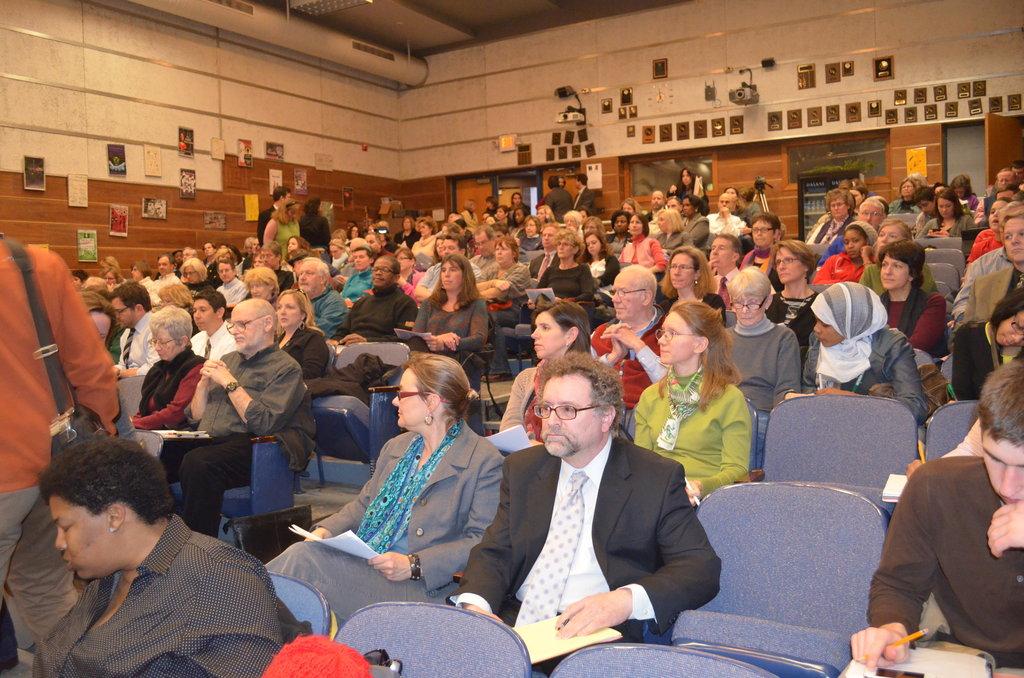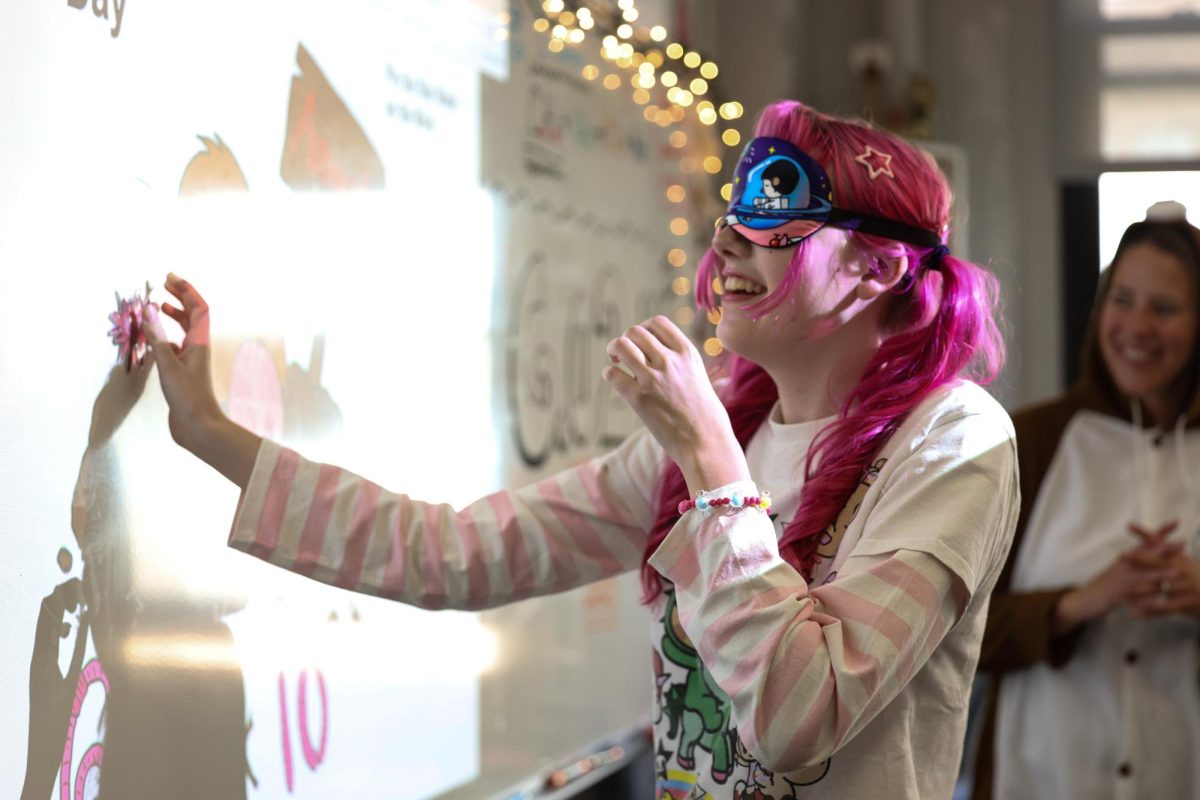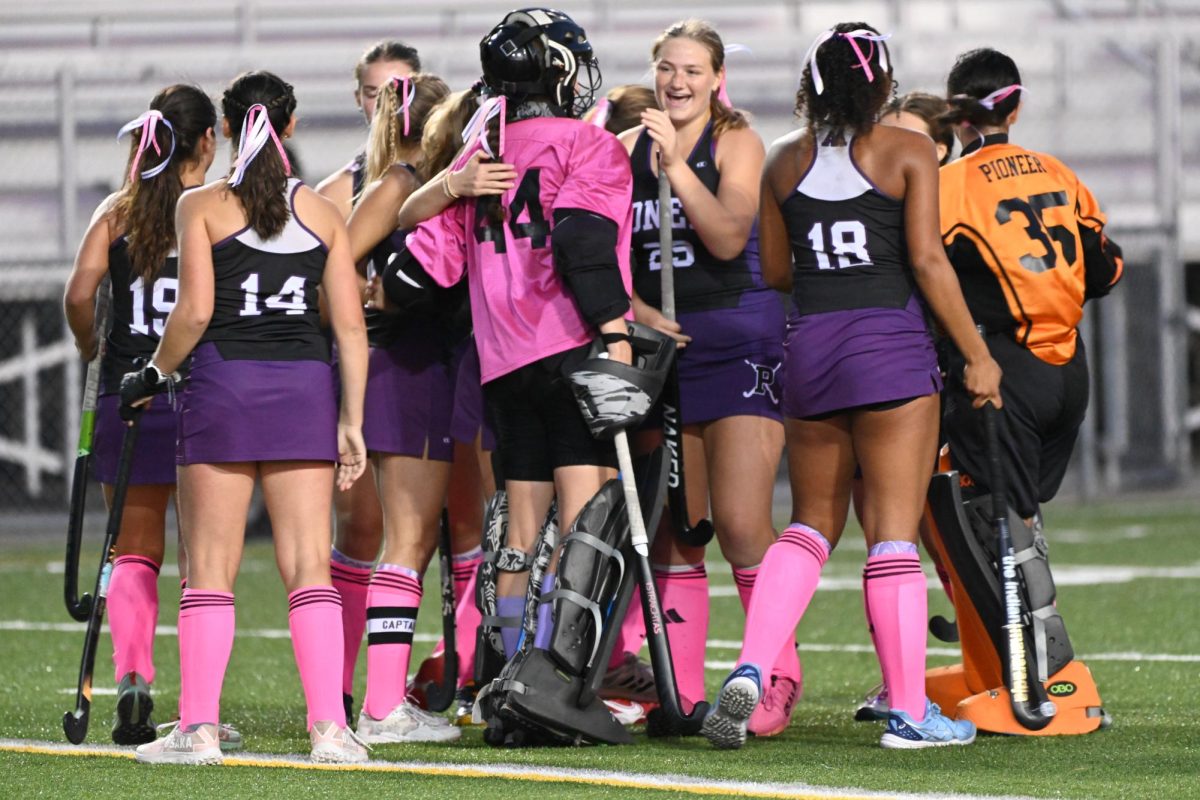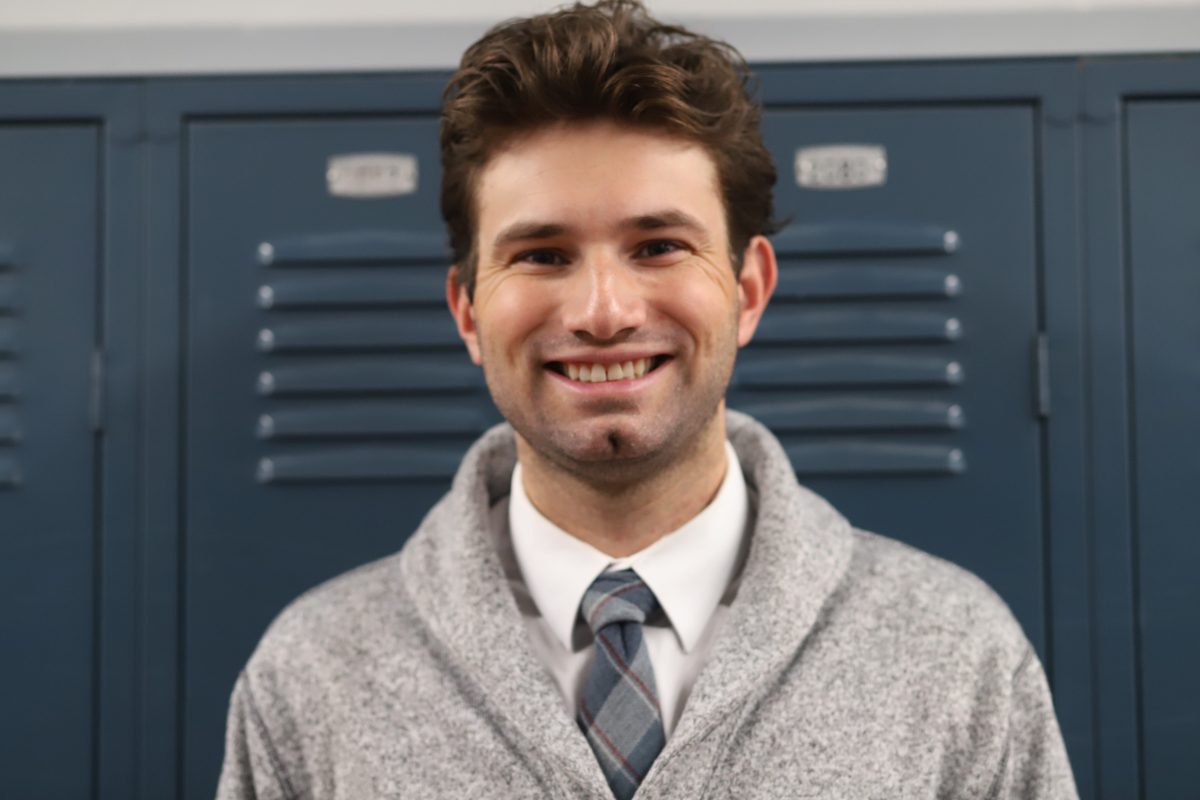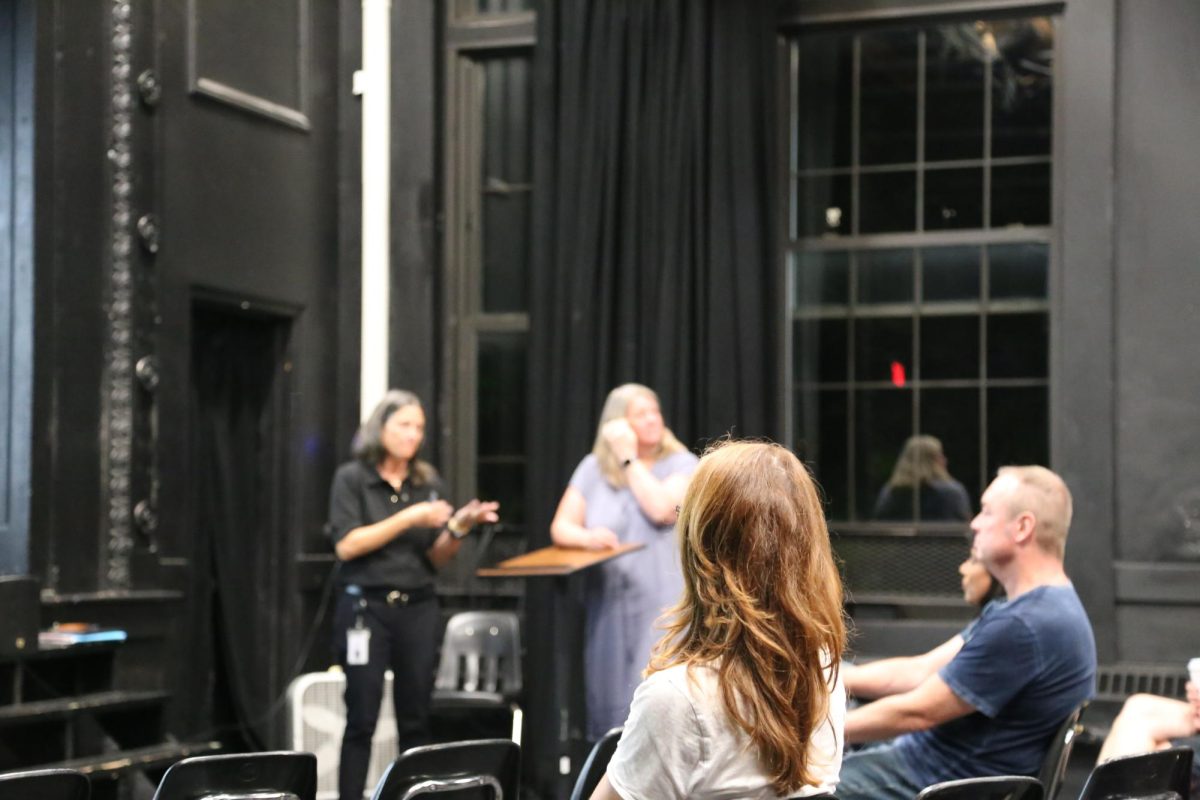On Monday, March 11, superintendents, teachers, staff workers, parents and even a few state senators filed into the Little Theater at Pioneer High School to discuss the future of public education in Michigan. The evening was structured as a public forum. Panelists from the State Board of Education included President John Austin, and Eileen Weiser. Professor David Arsen, a strong critic of Governor Snyder’s education policies, also sat on the panel. Peter Ruddell, a long-time figure in state government and current partner for Wiener Associates, who was late to the forum, rounded out the panel.
The discussion centered around how to best use the State’s sparse education budget. Consolidation of school districts, increasing the number of online courses, standardized testing and treatment of teachers were all covered.
Many in the audience and including David Arsen believe that the State and Governor Snyder have acted irresponsibly in their education policy. In his opening statement, Arsen asked the question, “Governor Snyder, where do your kids go to school?” drawing laughter from the crowd. Arson continued very seriously, “Greenhills is an excellent private school. It does not take credit for online instruction. It does not offer credit for summer courses.[It is] $20,000 a year. How would Greenhills be able to educate their kids if they were supposed to follow the rules that Governor Snyder is imposing on all public school children?”
President of the State Board of Education and Ann Arborite John Austin hit close to home in his opening statement when he described an interaction. “I was just talking to a parent who called me. [She asked] ‘Are we really going to cut the art and music programs in Ann Arbor?’ and we have got to figure out, if we can, how to keep that incredible rich learning opportunity alive… We are under tremendous pressure from the State to work smarter but we also need to work powerfully and enrich education.”
When pressed on the new issue of pre-testing, State Board of Education member Eileen Weiser defended the practice by saying, “if you don’t know what a child doesn’t know, how do we manage to pull all together for them so they can keep on going?” This view highlights a misunderstanding of the pre-testing practice. Pre-tests are not designed to test what a child has learned in their past year of schooling; they are designed to test the children on material which they have not yet taken.
In his closing statement David Arsen urged the State Board of Education members not to speculate about the future of education. “We don’t have to guess. We don’t have to just throw the doors open and try something else. There’s lots of research out there that tells us what’s cost effective…Let’s think about how we move forward today and in the future. I don’t think it was helpful to have [Governor Snyder’s] proposals come forward as draft legislation. That just raises the intensity…We need to have a reasoned discussion about a vision that includes multiple parties.”
Throughout the meeting, there was much confusion about the future of education. While it is clear that all parties involved place a high value on education, there is still much disagreement on how to manage the state’s shrinking budget. There are many ideas on the table–some more appealing than others–and it is clear that change education policy is coming.



